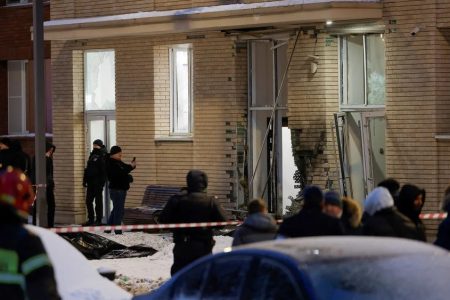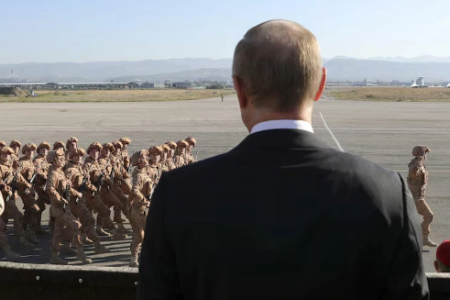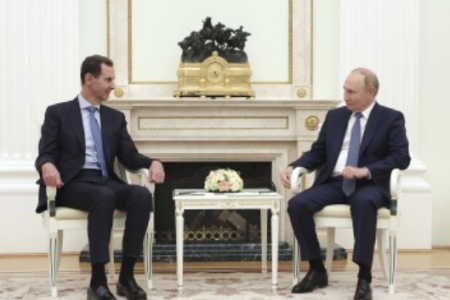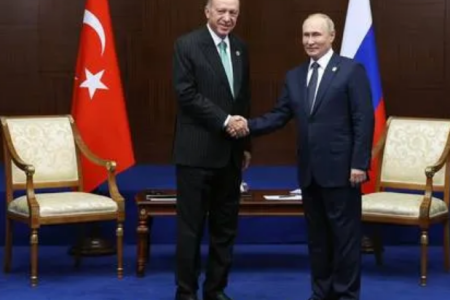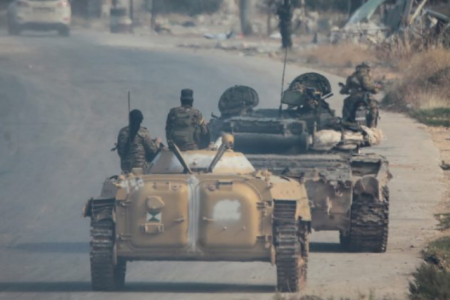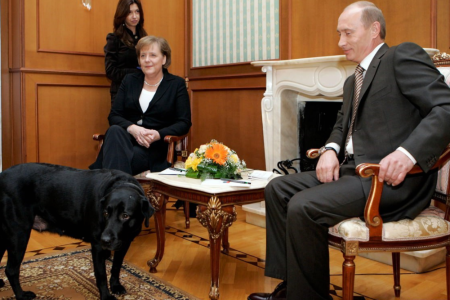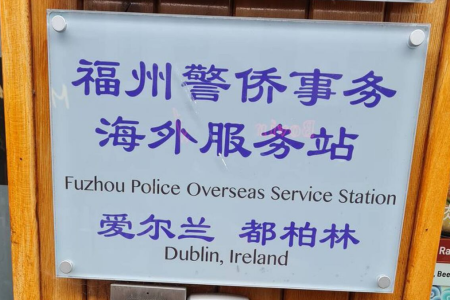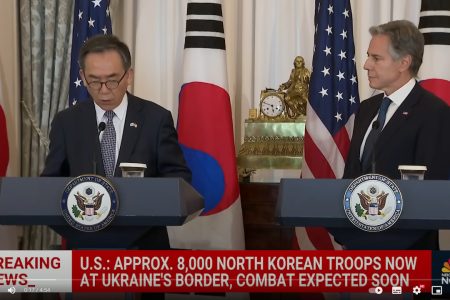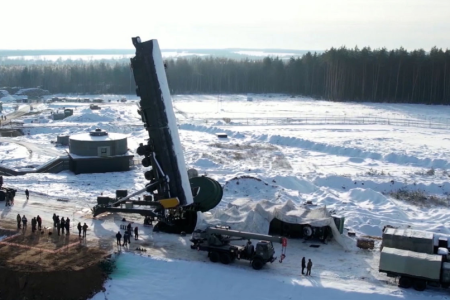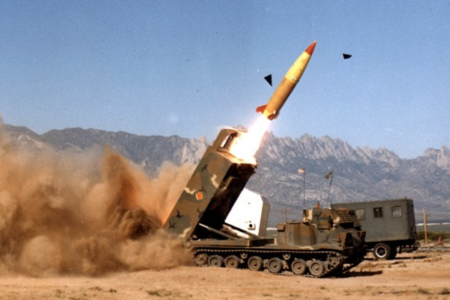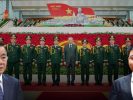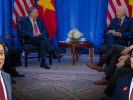Famous US professor, Steve Hanke, recently told VOA that Vietnam responds “excellently” to the Covid-19 pandemic. However, he still doubted Hanoi’s Covid-19 data, saying that in Vietnam there was almost no freedom of press.
The latest comment was made by the professor after he was criticized by the Vietnamese media because he posted on Twitter a chart saying that Hanoi did not provide data on Covid-19.

From Baltimore, Steve Hanke, a professor of Applied Economics at Johns Hopkins University and also the founder and co-director of the Johns Hopkins Institute of Applied Economics, Global Health, and Business Enterprise Research, told VOA about the Vietnamese government’s pandemic response:
“So far, Vietnam has reported only 335 cases, and no deaths. There is no doubt about this because they respond very quickly and very soon. When the outbreak broke out in January 2020, they took measures to stop it, which was stronger than the WHO recommendations.”
“They generally respond very well. They are well prepared. They apply what I call the 5P – “Prior Planning Prevents Poor Performance” – meaning pre-planning eliminates inefficient activities. Thanks to good preparation, they respond quickly.”
In addition, professor Hanke also noted the appropriate steps that Vietnam is trying to reopen the post-Covid-19 economy, saying that Vietnam was one of the first countries to open the economy while most countries are still dealing with pandemics.
However, Professor Hanke, a member of the Charter Council of the Association of Economic Metrology, and an expert on economic data measurement and accuracy, told VOA that he could not doubt for Vietnam’s Covid-19 data because there is no independent statistical source.
“The main reason I doubt is whether there is freedom of the press in Vietnam or not? There is almost no press freedom there. The Reporters Without Borders (RSF) ranked Vietnam as one of the worst in the world, at the 175th place among 180 countries. There is almost no freedom of the press in Vietnam, according to the RSF. In addition, The Economist magazine, published on June 13, 2020, had a lengthy article about press freedom in Asia suppressed in the Covid-19 pandemics.
And Vietnam is, of course, one of the countries featured in The Economist. This is why I have doubts.”
Asked about the response to the Medium loan news that nearly 300 signatures were sent to Johns Hopkins University asking Mr. Hanke to retract the Tweet which called Vietnam a “rotten apple” in providing Covid-19 data, he said he sent the request to Worldometer for them to adjust because he got the data from this statistical company for making his chart.
“I have informed the Worldometer, where I use their data source, to let them know that their data is not clear and may cause misinterpretation. They will soon adjust and they will bring the zero death toll of Vietnam there.”
When VOA posted this newsletter, the data on Vietnam’s Covid-19 on Worldometers was updated, as of 7 pm Vietnam time on June 18, 2020: “Vietnam has 342 infections, 0 deaths, and 325 recovered cases.”
For his part, Professor Hanke said he corrected the information on Twitter on June 16 saying: “Contrary to the image I posted last week, it turns out that Vietnam has ‘perfect’ statistics in the war against the Covid-19 pandemic.”
He told VOA that with this new Tweet, the content of his previous chart related to Vietnam “no longer makes sense.”
In the chart posted on Twitter on June 9, Professor Hanke mentioned countries that are likely to provide unreliable data. In this list are countries such as Vietnam, China, India, Venezuela, Egypt, Syria, Yemen, and Turkey.
Because of this Twitter, domestic media said that the Vietnamese community was “annoyed” and asked Mr. Hanke to apologize and remove his false information.

Criticizing Professor Hanke’s comment, Tien Phong newspaper on June 17 wrote: “In fact, Vietnam has not praised its anti-COVID-19 achievements, but in recent weeks a series of international newspapers published many articles praising Vietnam’s anti-epidemic work based on independent surveys and interviews.”
Sharing with VOA, Professor Hanke complained about a single email he received from a Vietnamese scholar, who “reacted strongly” to the “Rotten apple” Tweet Hanke posted one week before.
In such situations, “he should have told me that I had made a mistake, and please review the error again, but this scholar sent me an email with words that were completely unprofessional and rude,” Professor Hanke said without identifying the Vietnamese scholar.
Covid-19: How did the “excessive reactions” help Vietnam fight viruses?
It has been nearly a month since the country had a case in the community, and Vietnam is starting to reopen.
According to experts, unlike many other countries with a large number of cases and deaths, Vietnam has noticed a small amount of time for early action, and has made full use of it.
Vietnam’s way of fighting invasive and laborious efforts, although low-cost, has its limitations. Experts say that it is too late for most countries in the world to learn from Vietnam’s success.
“Extreme but reasonable” measures
“When you have to deal with new and potentially dangerous pathogens, overreacting is better,” said Dr. Todd Pollack of the Harvard Health Promotion Partnership Program in Hanoi.
Knowing that the country’s health system will quickly be overloaded, even though the virus is only mildly transmitted, Vietnam chose to take the early prevention route, and on a very wide range.
In early January, before any cases were confirmed, the Vietnamese government began to “take strong action” to prepare to deal with strange pneumonia, which at the time had caused two people in Wuhan dead.
“Vietnam acted very very fast, which seemed quite extreme at the time but later proved to be very reasonable,” said Professor Guy Thwaites, director of the Oxford University Clinical Research Unit (OUCRU) in Ho Chi Minh City, which collaborates with the Vietnamese government on infectious disease programs.
The message is clear to the people
Even in a one-party country like Vietnam, you need to ensure that the people agree to be able to succeed with such a large-scale campaign.
Dr. Pollack said the Vietnamese government has “done a good job of educating the people” about why government measures are needed.
SMS messages sent regularly to the phone from the beginning tell people what they need to do to protect themselves. Vietnam makes use of its existing propaganda machine to create a massive campaign to raise people’s awareness, using wartime style images and slogans to unite the people in the fight against the common enemy.
The campaign to create the spirit “the whole society joins together to defeat the enemy,” said Dr. Pollack.

Although the Vietnamese government is accustomed to making people comply, Dr. Pollack said Vietnamese people mostly agreed to support them because they “saw the government doing what they could and succeeded, and aim to protect people at any cost.”
Concerned about human rights violations
The anti-pandemic approach imposed from senior leaders down to the community level of Vietnam entails a number of its own problems.
Implementation of social and quarantine measures depends on the system of “loyal street party cadres monitoring people in the area and reporting to their superiors,” said Phil Robertson of Human Rights Watch.
There is no doubt that there is “excessive human rights violations” in the anti-pandemic process, he told the BBC.
“But not many people know about these things because the government controls the media completely,” he said, pointing to cases of people being fined with administrative fines or imprisoned for criticizing the government’s anti-epidemic response.
The impact is great on the economy, and some social health issues are neglected because the only mission of combating the epidemic has been clarified.
Professor Thwaites said policies that apply in Vietnam “will not be applicable” in countries currently experiencing widespread epidemics, but for a few countries that are not yet severe, “there is a lesson that can be learned [from Vietnam].”
“Prevention is always better than cure and is generally less expensive,” he said.
“If [Vietnam] has a high number of infections, there is no doubt that the system they have in place will be difficult to withstand.
“[But] it is not possible to compare the economic and economic benefits of implementing the measures they have taken.“
Thoibao.de (Translated)



